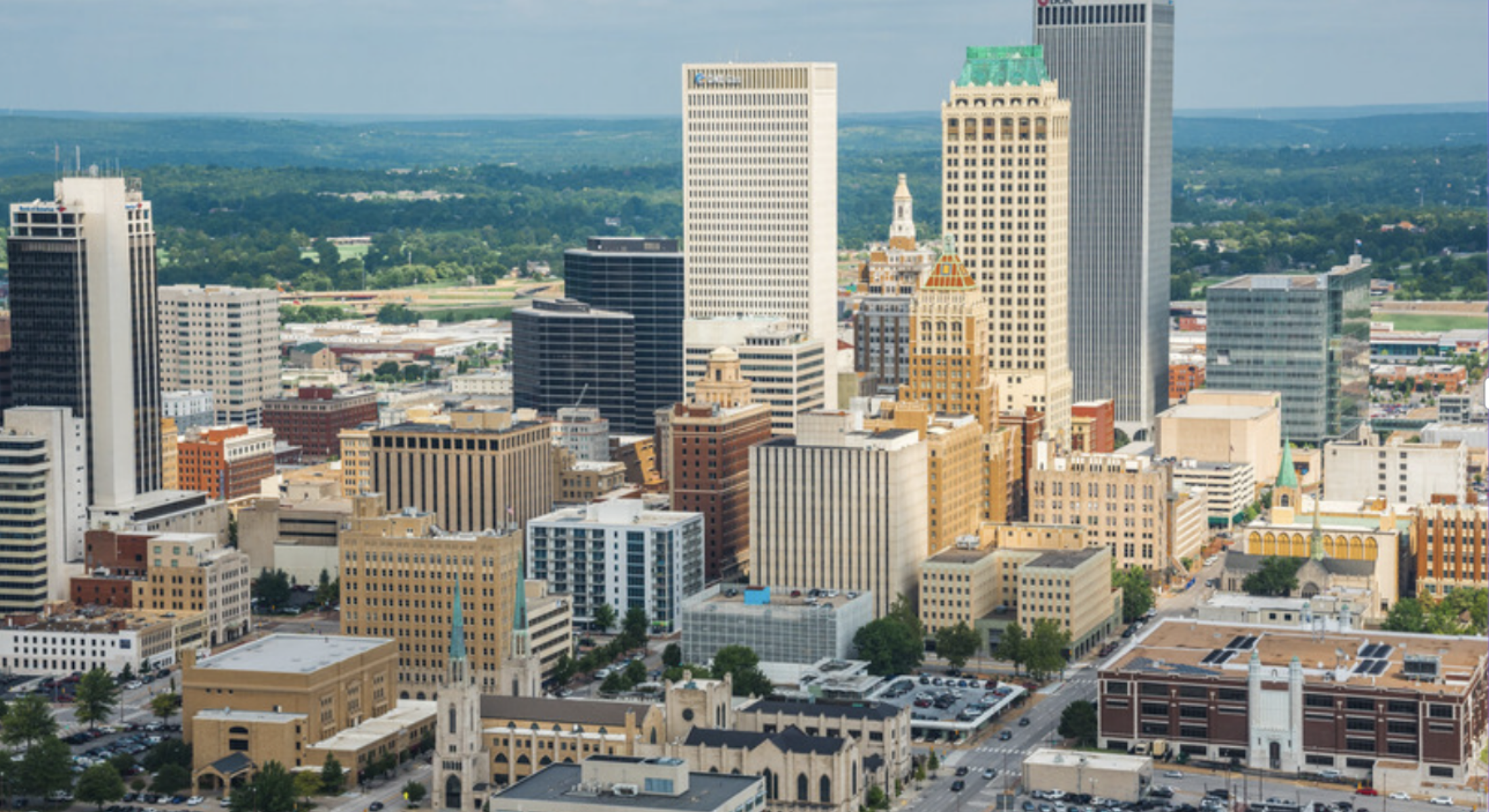2022 Ecosystem Predictions — Moving Talent, Entrepreneurs from the Coasts to the Heartland

Predictions by Ben Stewart
Executive Director, Tulsa Remote, GKFF
Like many cities in the heartland, Tulsa has suffered from an exodus of talent. In several years over the last decade, more people moved away from Tulsa than into the city, with the 25-54 year-old segment of the population growing slower than in similar-sized markets. To course correct and inject the kind of high-earning, creative talent that could help fuel its economy, Tulsa embarked on a great experiment: offer a $10,000 incentive for remote workers to move there for a year. Since launching at the end of 2018, accelerated by the pandemic, the pioneering initiative has moved more than 1,300 remote workers to Tulsa, delivered millions in economic impact, and inspired cities around the county to adopt this new vehicle for economic development.
Every dollar spent on the $10,000 moving incentive has returned an estimated $13.77 to Tulsa’s economy. Based on its current trajectory, Tulsa Remote expects to deliver $500 million in local economic impact by 2025.
As the pandemic has forced companies of every size to re-examine remote work policies and the long-assumed value of office-bound teams, initiatives like Tulsa Remote, Northwest Arkansas and Ascend WV have seized the moment.
Troves of open-minded tech workers, creatives, and entrepreneurs have moved to the heartland, weaving into its economic fabric while reaching life goals that may have been difficult to attain in a larger city: homeownership, the ability to start a business, and being part of an accessible, authentic community.
More than one third (37%) of Tulsa Remoters have considered starting their own business in the city.
As a result, Tulsa has reaped the benefits of worker relocation programs almost immediately. Based on an analysis by the Economic Impact Group, Tulsa Remote added at least $60.2 million to Tulsa’s economy in 2021, driving a return of $13.77 for every dollar spent on the $10,000 moving incentive. According to the analysis, every two relocated workers created one new job in Tulsa, a remarkable ROI for an economic development initiative.
Just as important is the entrepreneurial spirit these participants are bringing to the city. More than one third (37%) of Tulsa Remoters have considered starting their own business in the city, potentially sparking the next generation of local entrepreneurs and business leaders.
Tulsa Remote’s success has hinged partly on its intentional community building: helping newcomers build meaningful relationships through programming, volunteer opportunities, and a dedicated Slack community to stay connected. But ensuring remote workers have a vibrant economic ecosystem around them is also key. Over the past two years, GKFF has launched a number of initiatives aimed at attracting talent and sparking homegrown opportunities in Tulsa. Build in Tulsa, Atento Capital, and Tulsa Innovation Labs, for example, attract the founder class to the city, helping them launch and scale businesses while building a forward-looking economy that leverages the strengths of the heartland. Campus Tulsa and Tulsa Service Year provide college students and recent graduates with enriching life and work experiences in the city. InTulsa helps recently relocated companies hire locally and attract world-class talent to Tulsa.
These ingredients have helped make Tulsa’s experiment an early success. Future investment in these initiatives, along with the continued evolution of the future of work, could establish a new economic roadmap for the middle of the country.